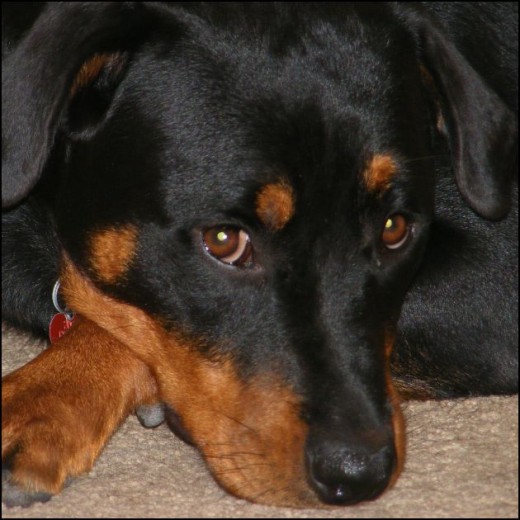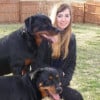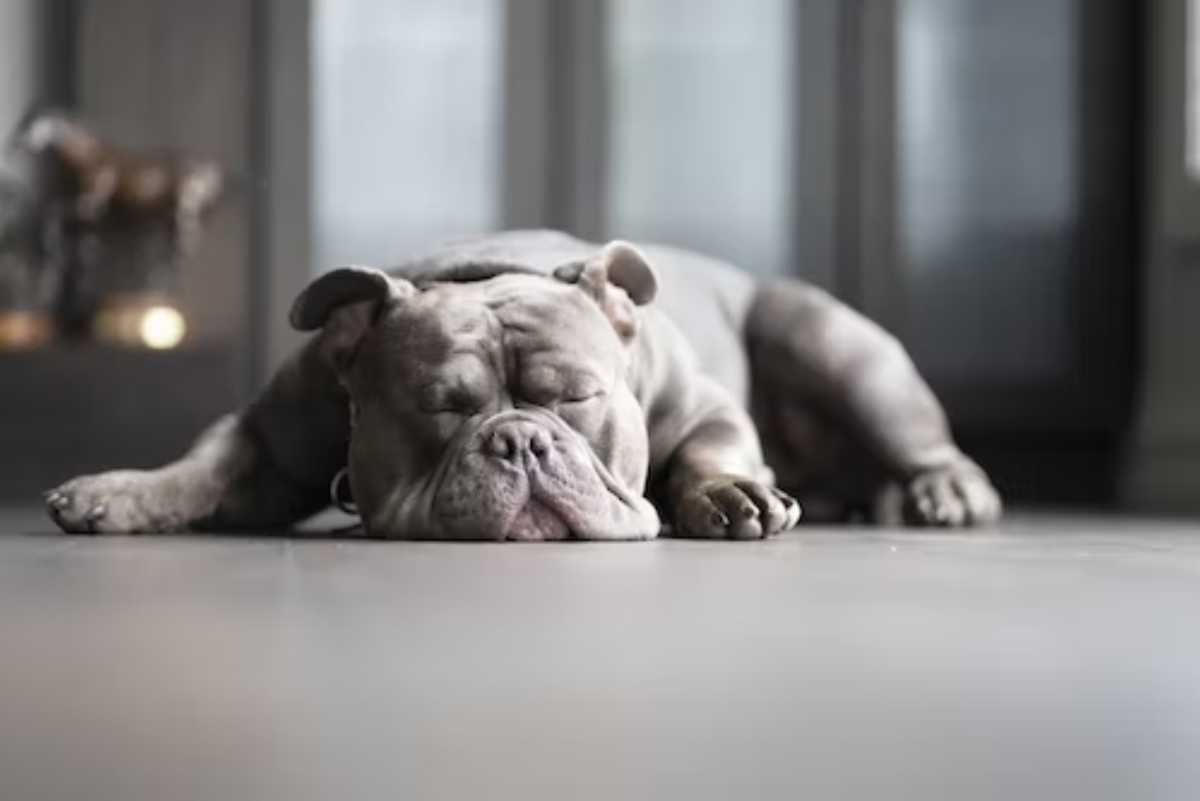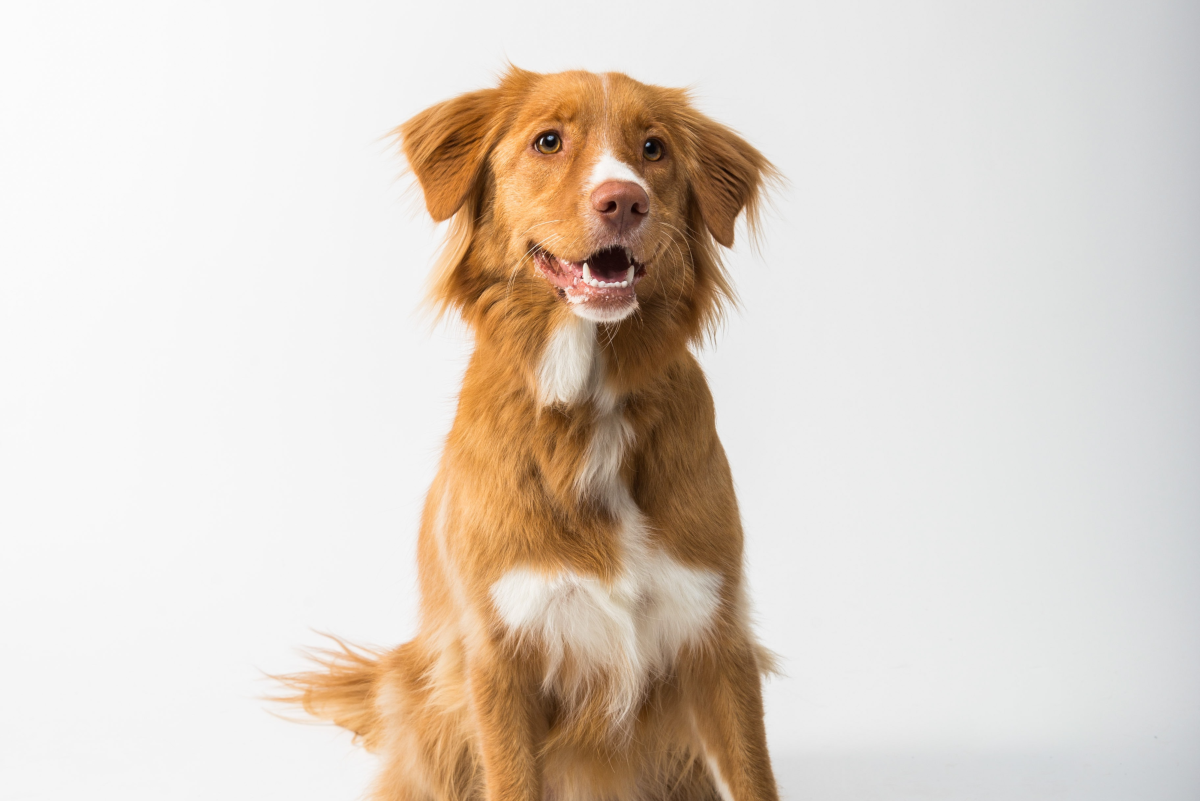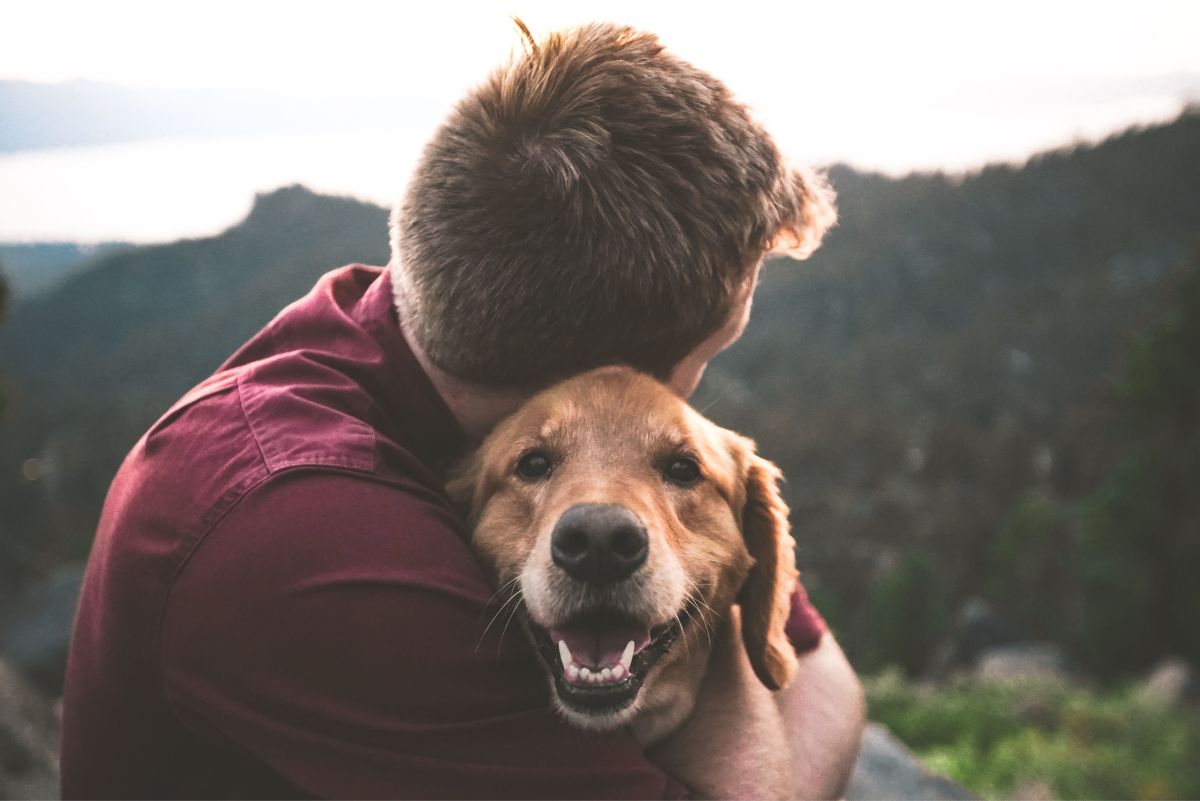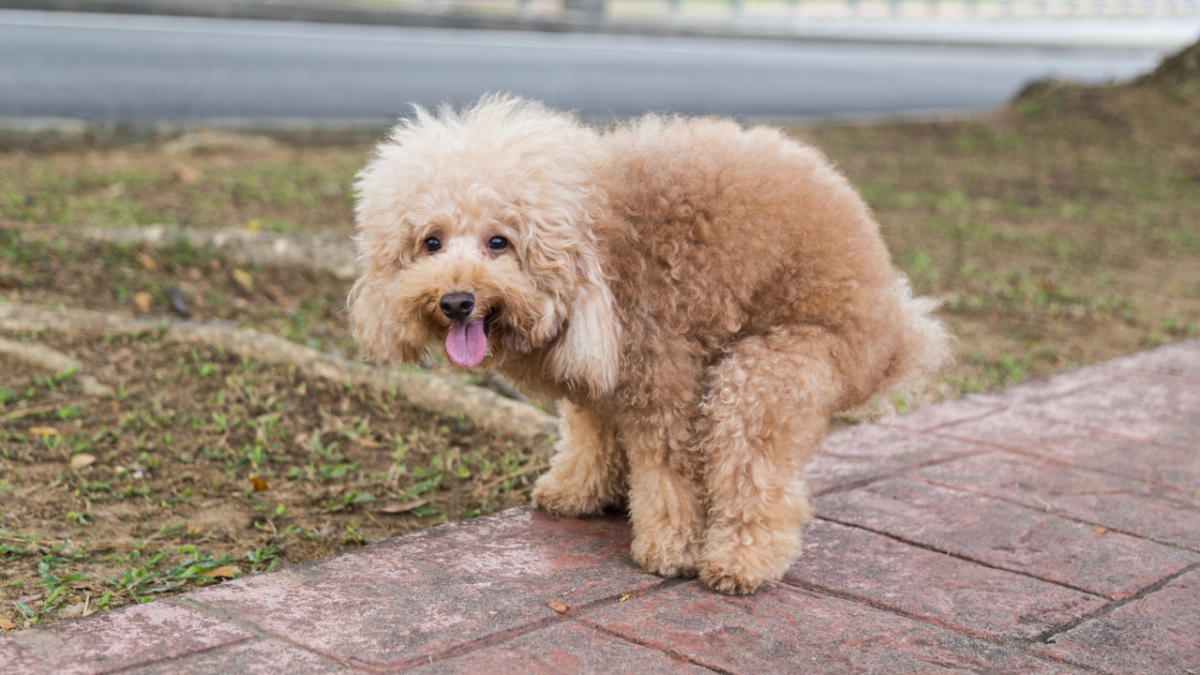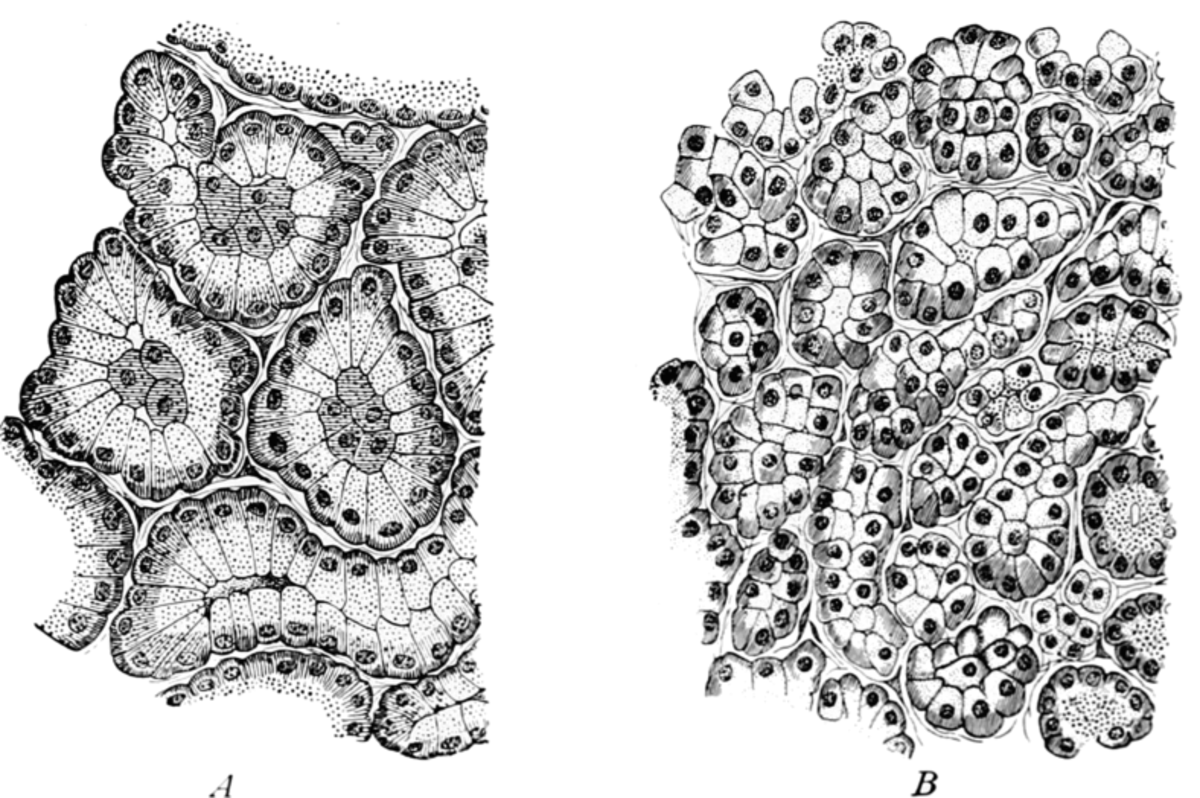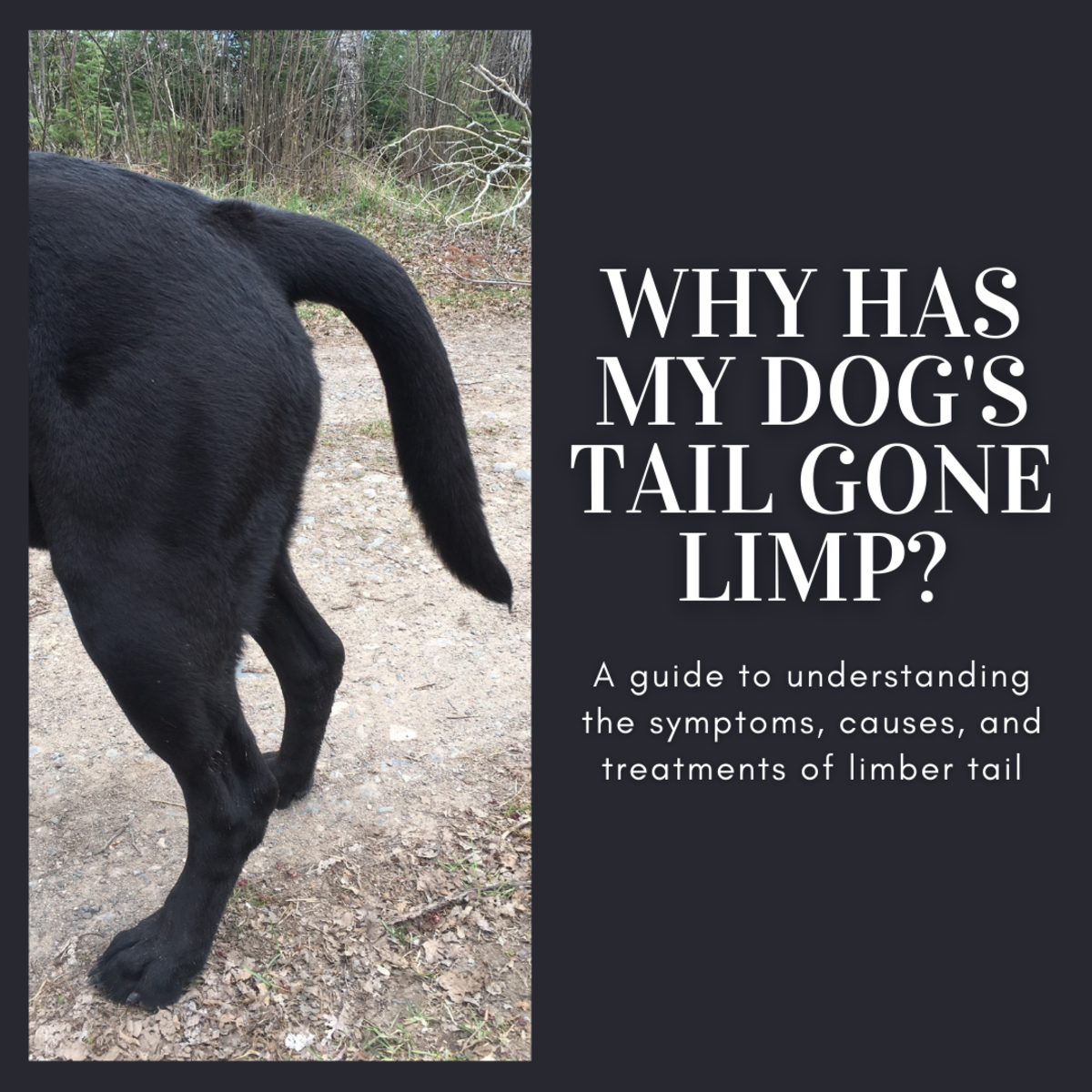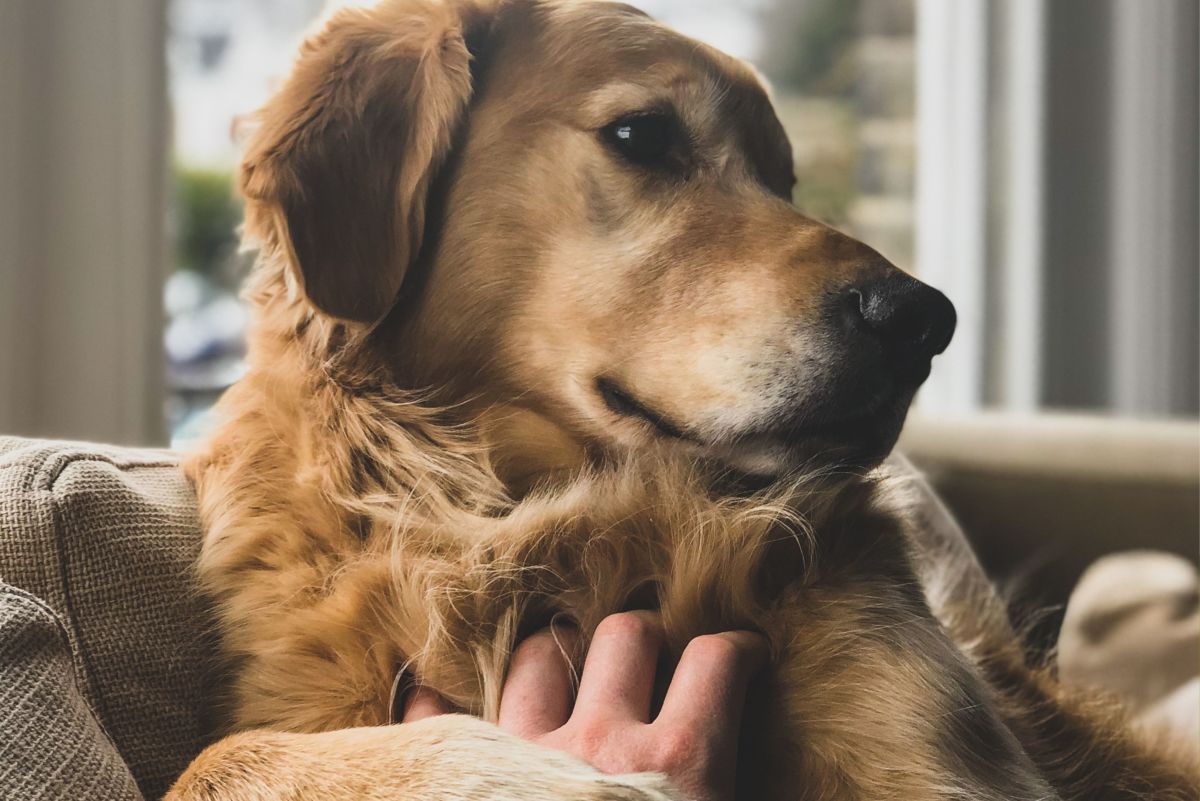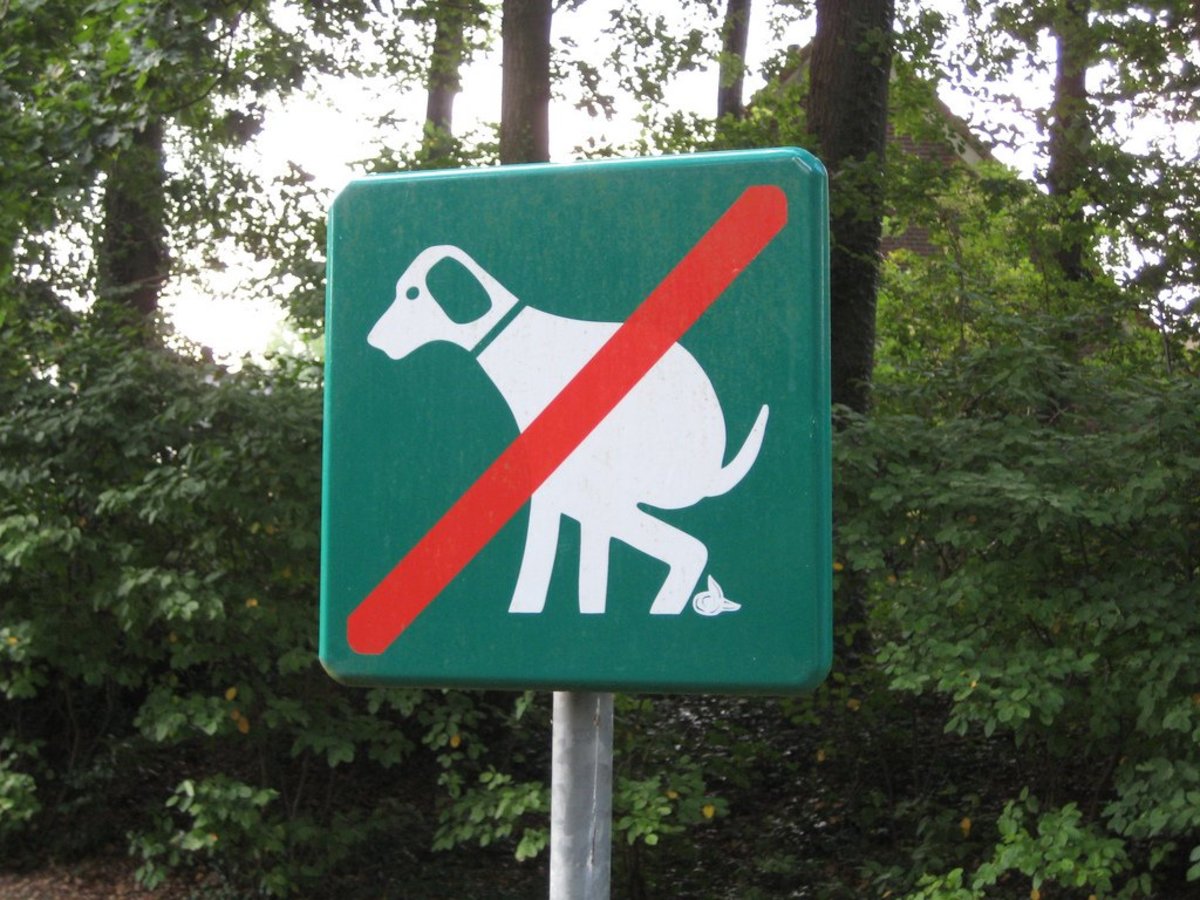Natural Treatments for Dog Diarrhea
It can happen to even the healthiest dog fed the most expensive premium dog food. The pooch starts looking uncomfortable and within seconds it has this immediate urge to go outside. Once out, pudding like poop forms a nice cow pie, or worse, liquid noisy squirts leave a mess behind, coincidentally right on your whole wooden deck. There is no doubt your dog is affected by doggy diarrhea but what can be done at home to help your dog overcome this annoying problem?
Contrary to popular belief, most mild cases of diarrhea can be effectively managed and treated at home naturally. All it takes is some careful observation, an understanding of how the dog's intestinal tract works, acknowledgment of warning signs, a few ingredients from your kitchen pantry and a little bit of time. Let's take a look at all of these key points one at a time.
-Learn Warning Signs
While diarrhea can be treated naturally at home, there are some cases that require immediate veterinary attention. For instance, very small puppies should be seen fairly quickly because they dehydrate pretty quickly causing them to go downhill must faster than adult dogs. Small puppies are also more prone to develop Parvo a potentially fatal disease where every second counts. Other cases of dogs that should be seen by a vet are dogs that are acting lethargic, that have pale gums, that appear dehydrated, that have bloody stools an that develop other accompanying symptoms such as fever or vomiting.
-Monitor Your Pet
If your dog has diarrhea and is acting pretty normally, it doesn't mean he will continue to be this way. If you decide to attempt to try to treat your pet at home, make sure you can monitor him throughout the day and night for signs or getting worse or improving. In most cases, dogs treated naturally will start feeling generally feeling better within a few days. If your dog seems to not respond to the natural treatments then, it is time to schedule that vet appointment.
-Allow Your Dog to Fast
When dogs develop diarrhea in nature, they usually lose their appetite so to allow their intestinal tract to rest. This is an instinct that may have disappeared nowadays because of the addicting properties of modern kibble. It does not hurt a dog to fast for 12-24 hours every now and then. After all, in the wild dogs are unable to eat strictly every day when it comes to eating prey. In the case of diarrhea, a 24 hour fast will suffix for adult dogs while young puppies should not be fasted for more than 12 hours (overnight will suffix in most cases). Of course, avoid fasting dogs that have health problems such as tendencies to develop hypoglycemia such as toy breed dogs or other health problems.
-Bland Diet
After the 12 or 24 hour fast, prepare your dog a bland diet. The most common bland diet often recommended by veterinarians consists of well cooked white rice served with boiled skinless and boneless chicken or with boiled hamburger with the grease drained off. It is important to remember that the rice should be the bulky part of the meal, whereas the meat part should play a smaller role and act just as an enticer. This bland diet should be served in small amounts frequently during the day (3-4 times) until the stools appear to be better formed. Once solid again, the dog's regular diet should be gradually added in increments to the rice over a few days until it totally replaces the bland diet.
-Supplement
Adding a dollop of plain yogurt will help restablish healthy heatlhy bacteria in the dog's gut. There are also helpful products that are meant to re-establish microflora balance such as Purina's Forti-Flora.
-Hydrate
Dogs affected by frequent bouts of diarrhea may get dehydrated fairly quickly. A good way to check for hydration levels is to lift the skin above the shoulder blades in a tent and release it. If it springs back promptly the hydration levels should be fine if it delays or worse, remains lifted this may is indicative of dehydration and the dog may require a quick trip to your veterinarian for fluids administered under the skin or IV fluids. For cases of light dehydration, where electrolytes need replaced. unflavored Pedialyte may be administered or Gatorade may be added 50/50 to the dog's water bowl.
As seen, your dog's diarrhea, when mild and not linked to parasitism or disease, can be often taken care of at home. As an owner however, you are the only responisible party that should determine when your dog needs immediate vet attention or when you can attempt to treat at home.
References:
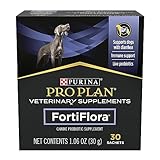
If your dog has diarrhea and beocmes lethargic it is time to see the vet
